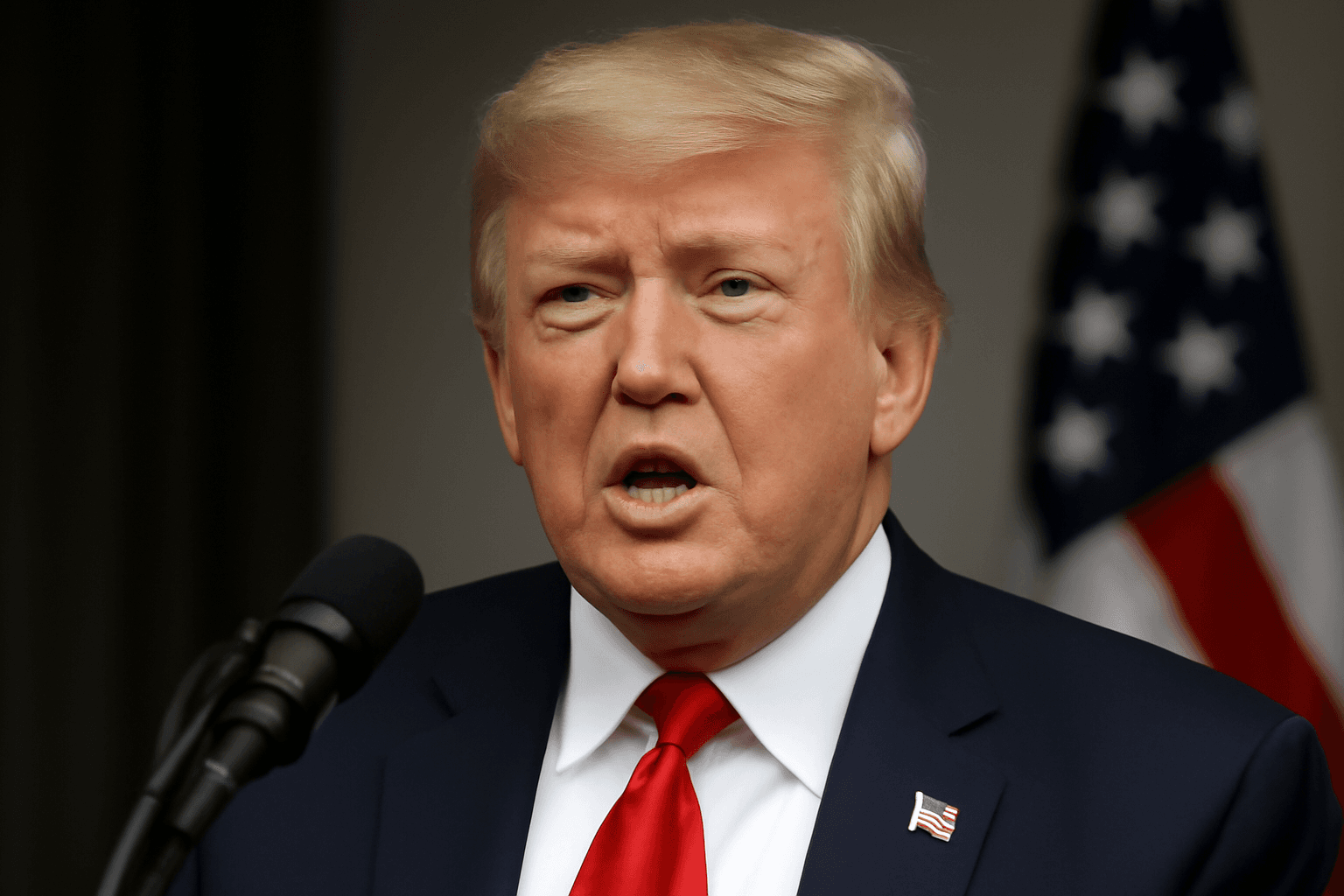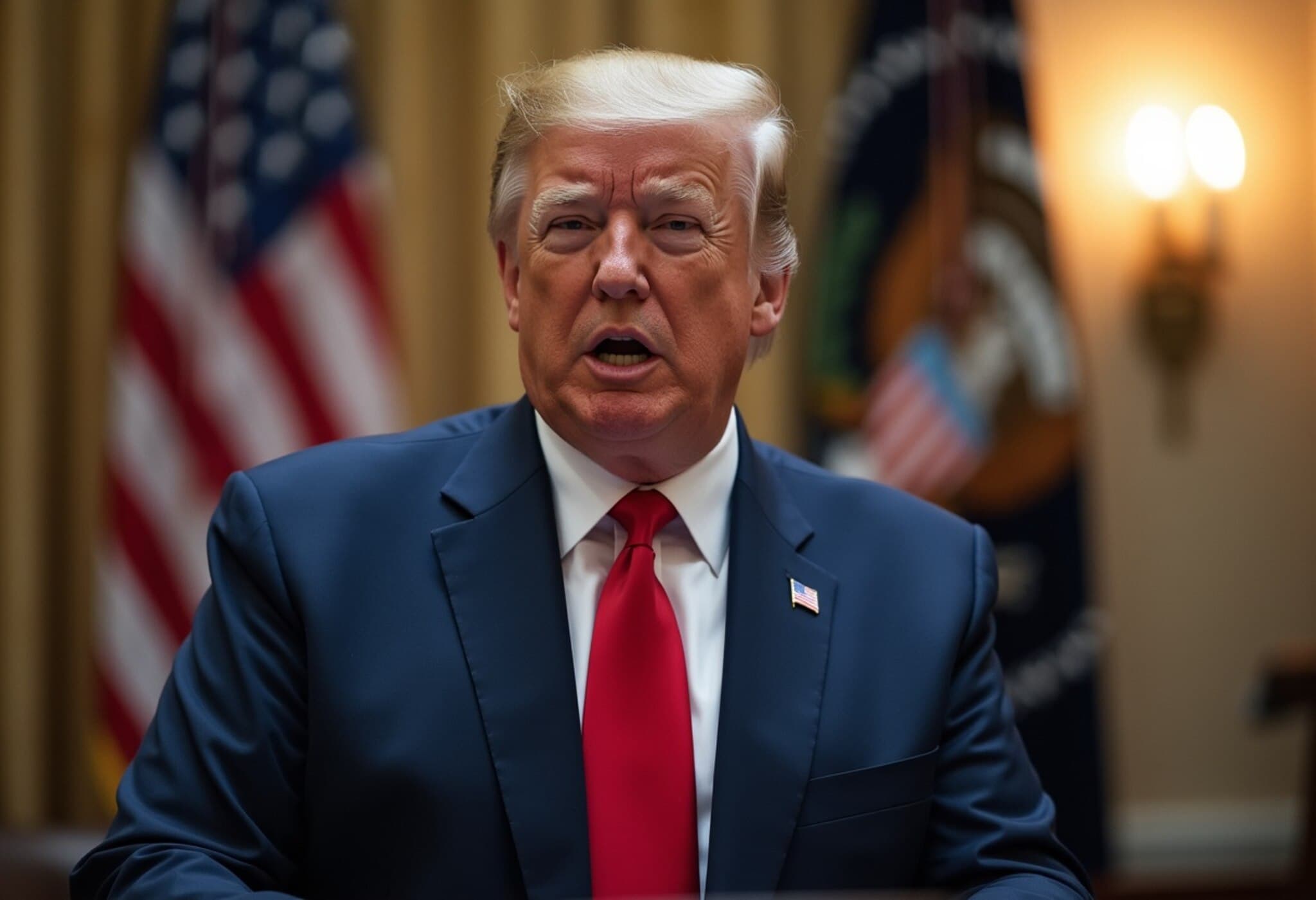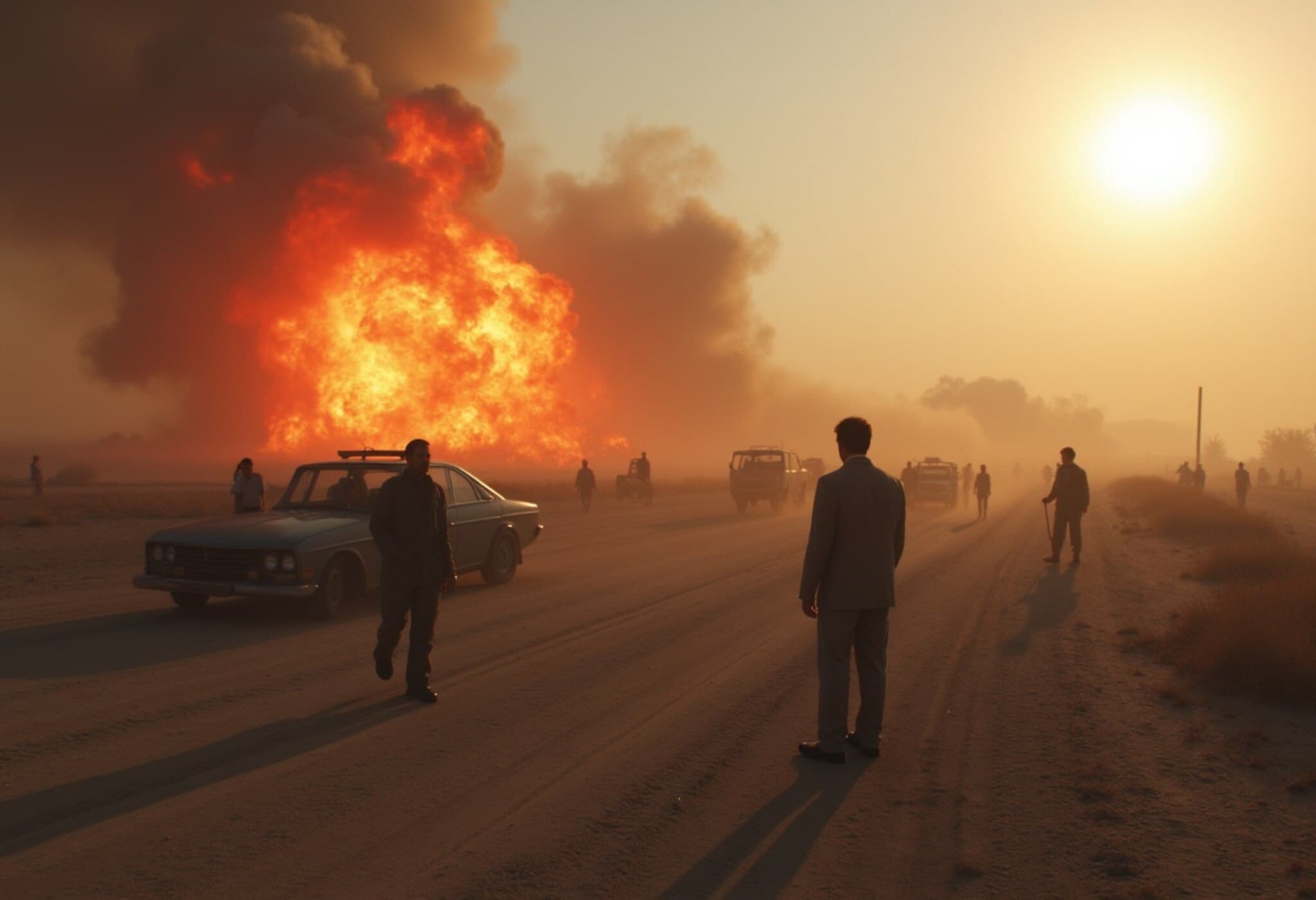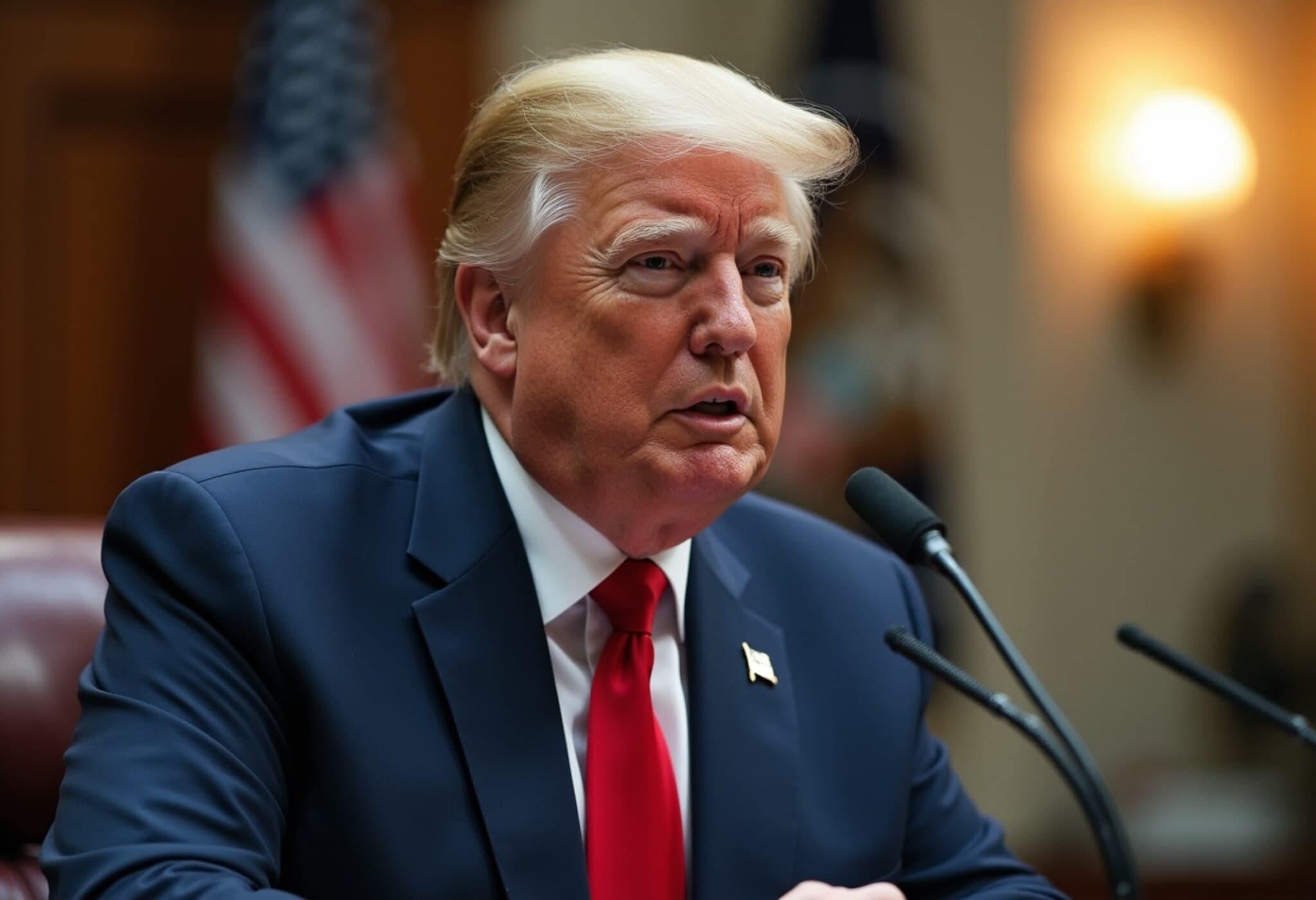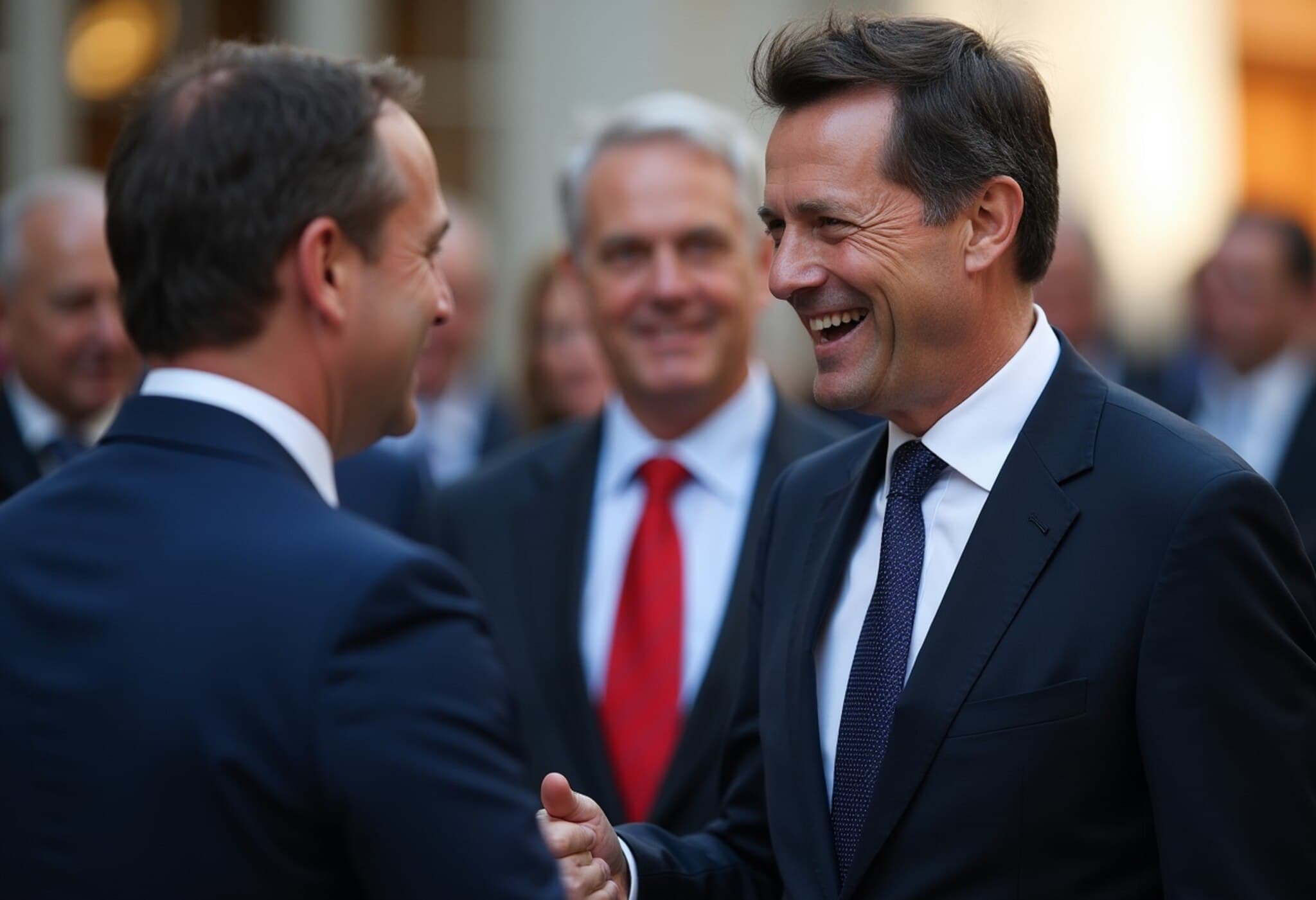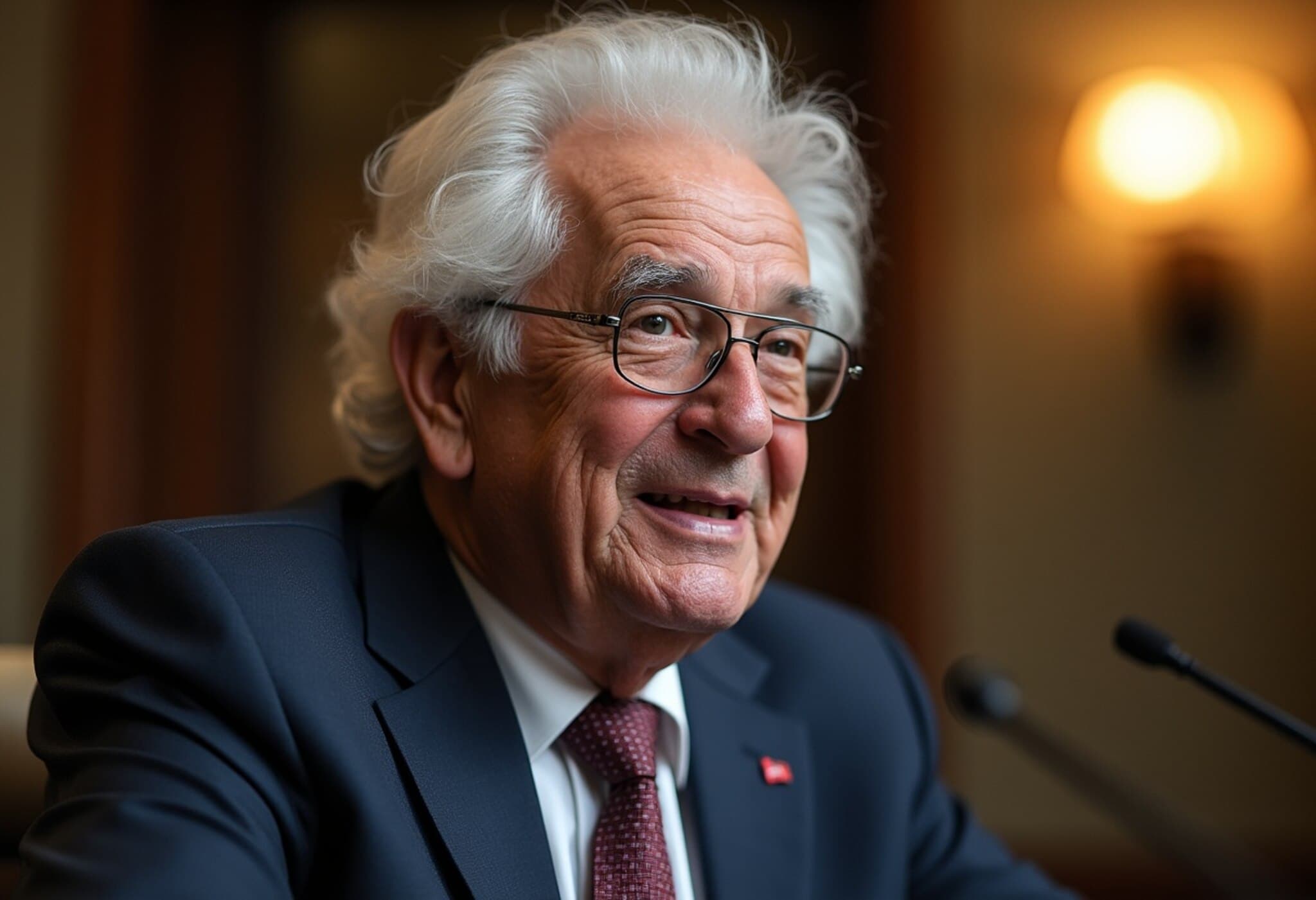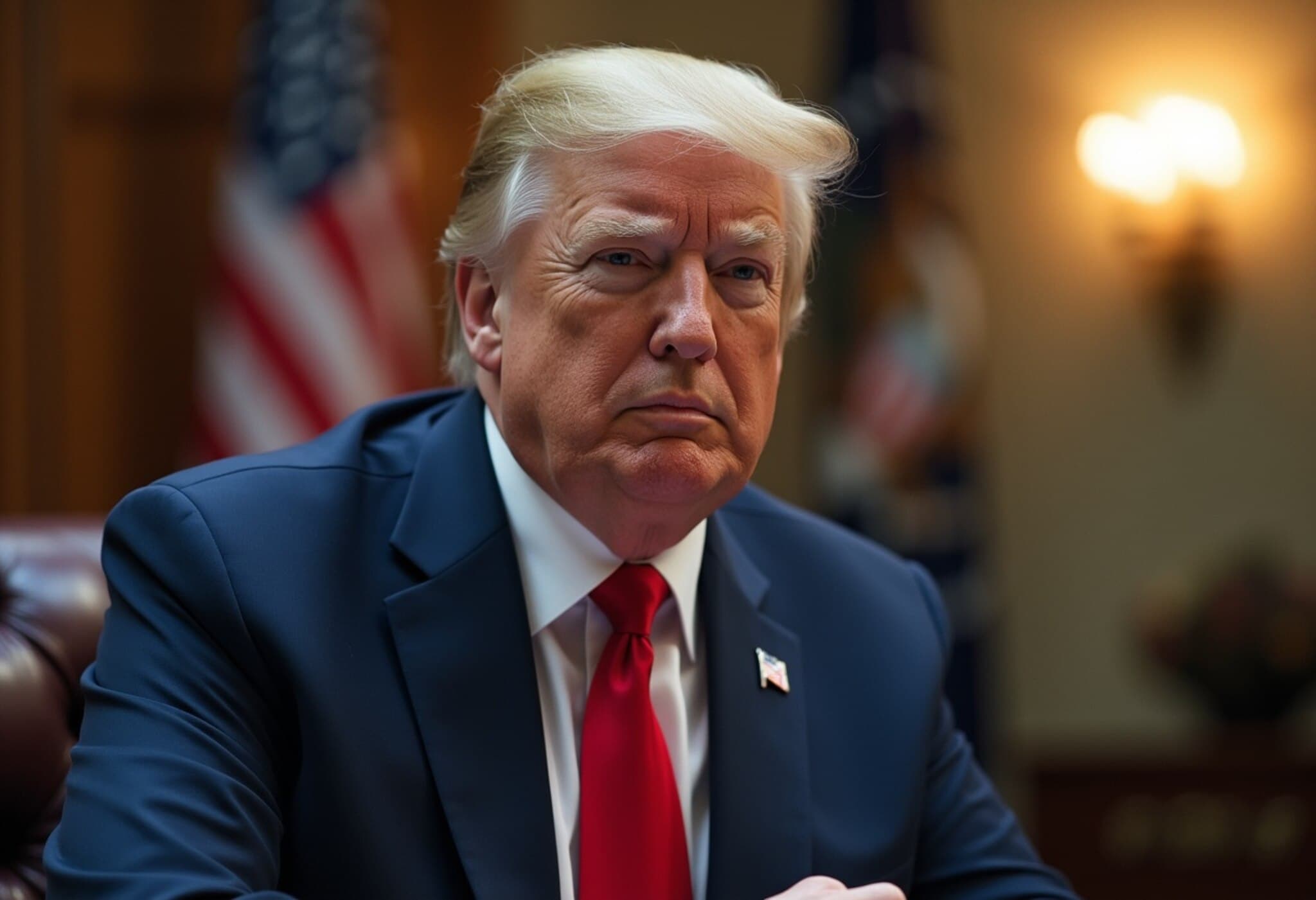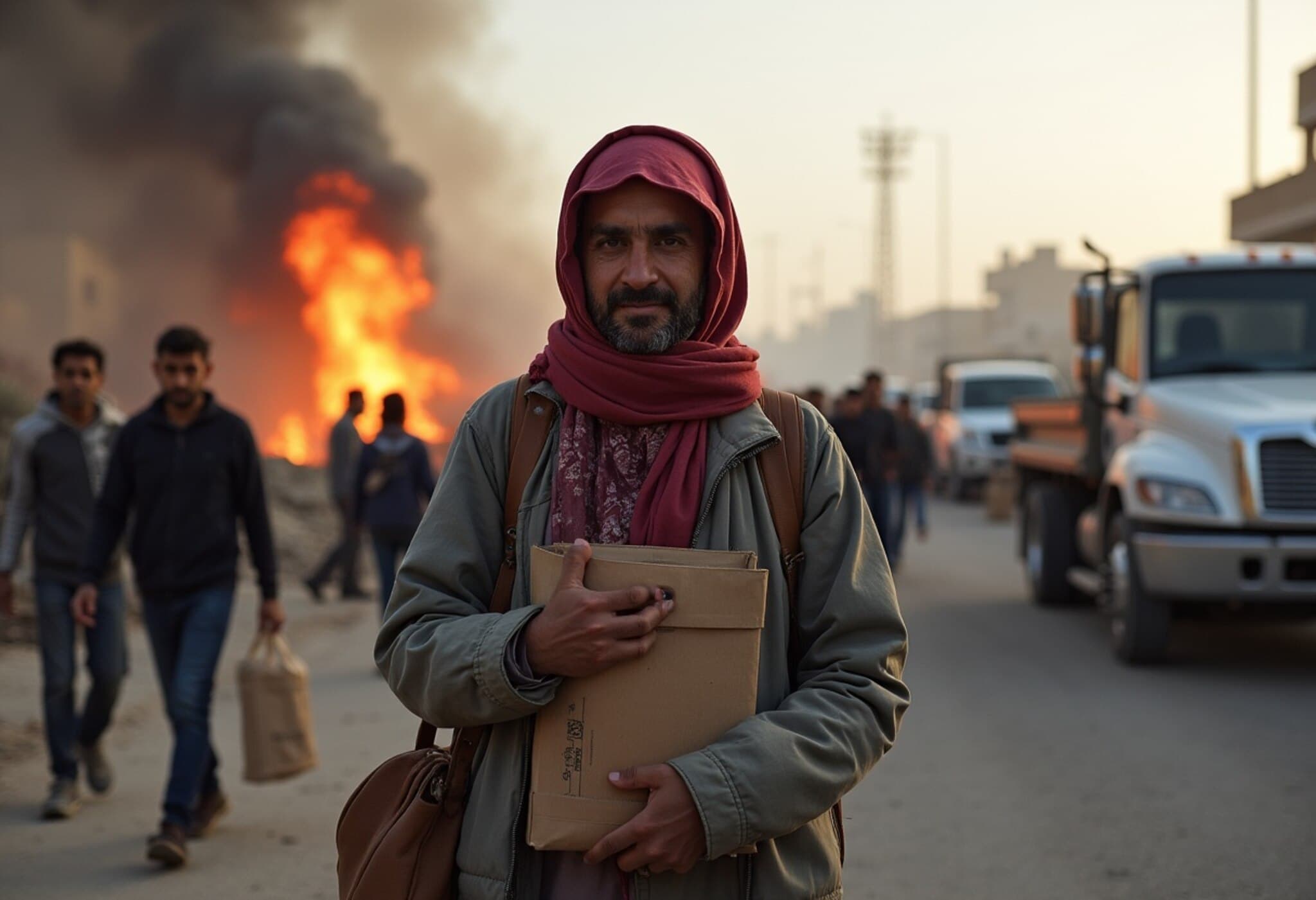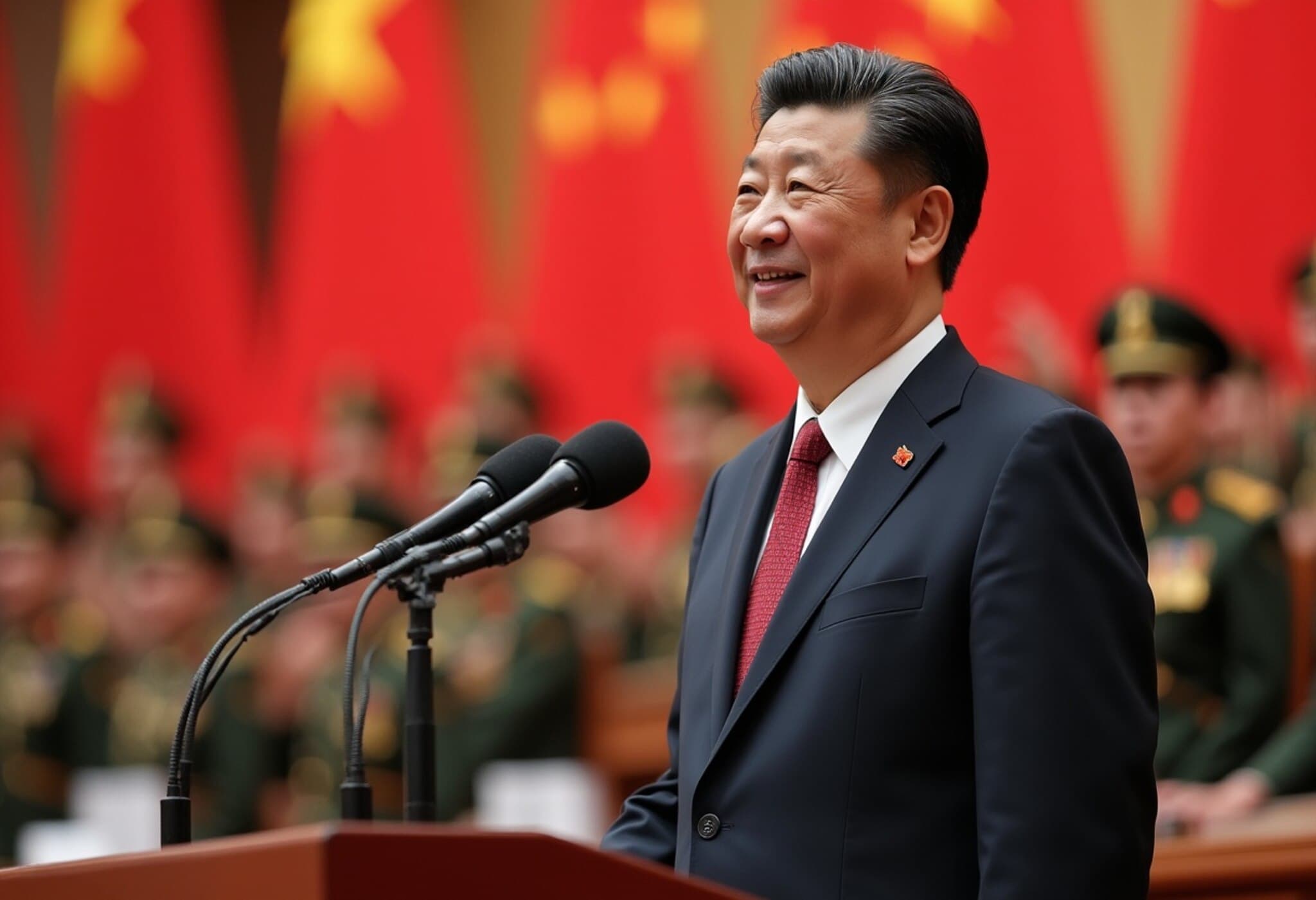Trump Attributes Gaza Truce Breakdown to Hamas Reluctance
On July 25, 2025, former U.S. President Donald Trump openly criticized Hamas for their unwillingness to engage in ceasefire negotiations and release hostages amid the ongoing Gaza conflict that erupted after October 7, 2023. Speaking to reporters in Washington prior to his departure for Scotland, Trump described Hamas as lacking leverage to negotiate and suggested the group’s leadership is resigned to destruction.
“They want to die,” Trump remarked, emphasizing his belief that Hamas’s refusal to cooperate stems from fatalism rather than strategy. He further warned that Hamas leaders are now targets and claimed Israel would have to “finish the job” by aggressively confronting Hamas forces to restore order in Gaza.
Contextualizing Trump’s Assertions
Trump’s comments reveal the sustained hardline U.S. stance toward Hamas and highlight the deep complexities in negotiating peace amid heightened hostilities. His characterization of Hamas’s motivations hints at a bleak cycle of violence rooted in ideological extremism and territorial disputes that defy simple ceasefire solutions.
Experts note that the U.S.'s framing could affect international diplomatic efforts by projecting an uncompromising position that prioritizes military resolution over dialogue. The withdrawal of the U.S. peace delegation, led by envoy Steve Witkoff, from Gaza negotiations due to Hamas’s perceived intransigence further underscores the stalemate.
France’s Recognition of Palestine: Viewed as Symbolic by Trump
During the press interaction, President Trump was asked about French President Emmanuel Macron’s recent recognition of a Palestinian state. Trump downplayed the move's practical implications, describing it as lacking weight in shaping the conflict’s trajectory. However, he complimented Macron personally, calling him “a good guy.”
Hamas Responds: Accusations of U.S. Bias and Neglect of Real Issues
In the aftermath of the U.S. pullout from peace talks, senior Hamas official Bassem Naim sharply criticized American envoy Witkoff, accusing him of distorting negotiation realities to favor Israel’s position. Naim dismissed U.S. claims that Hamas blocked a ceasefire, asserting that Washington’s approach neglects Palestinian grievances and undermines prospects for genuine dialogue.
This exchange highlights the entrenched mistrust between negotiating parties and throws into relief the challenges international actors face in mediating such a protracted and multifaceted crisis.
Broader Implications for Middle East Peace Efforts
- Stalemate risks further escalation: With talks stalled and military operations ongoing, civilian casualties and destabilization may intensify across the region.
- Diplomatic isolation: The U.S. withdrawal from talks raises questions about American leadership in brokering peace in the Middle East amid competing geopolitical interests.
- International responses: Divergent views such as France’s recognition of Palestine underscore fractured global approaches to resolving the Israeli-Palestinian conflict.
- Hostage crisis complexity: The fate of remaining hostages remains a critical humanitarian and political challenge, influencing future negotiating dynamics.
Expert Insight: Navigating a Path Forward
From an expert policy standpoint, the deadlock illustrates the difficulty of reconciling security concerns with the legitimate aspirations of Palestinians within a volatile geopolitical environment. According to Middle East policy analysts, a sustainable resolution requires renewed diplomatic engagement that acknowledges the asymmetry of power and addresses the root causes fueling the conflict.
Moreover, U.S. domestic opinion and congressional perspectives may increasingly influence Washington’s Middle East strategy, especially given the regional implications of ongoing hostilities on global energy markets and migration patterns.
Editor’s Note
As the Gaza conflict persists with no clear end in sight, the rhetoric from key actors like Donald Trump reflects a hardened stance that may complicate diplomatic breakthroughs. The humanitarian toll and geopolitical consequences necessitate a fresh examination of negotiation frameworks, inclusive of diverse stakeholders. Readers are encouraged to consider not only the immediate military and political developments but also the broader human narratives entwined in this enduring crisis.

